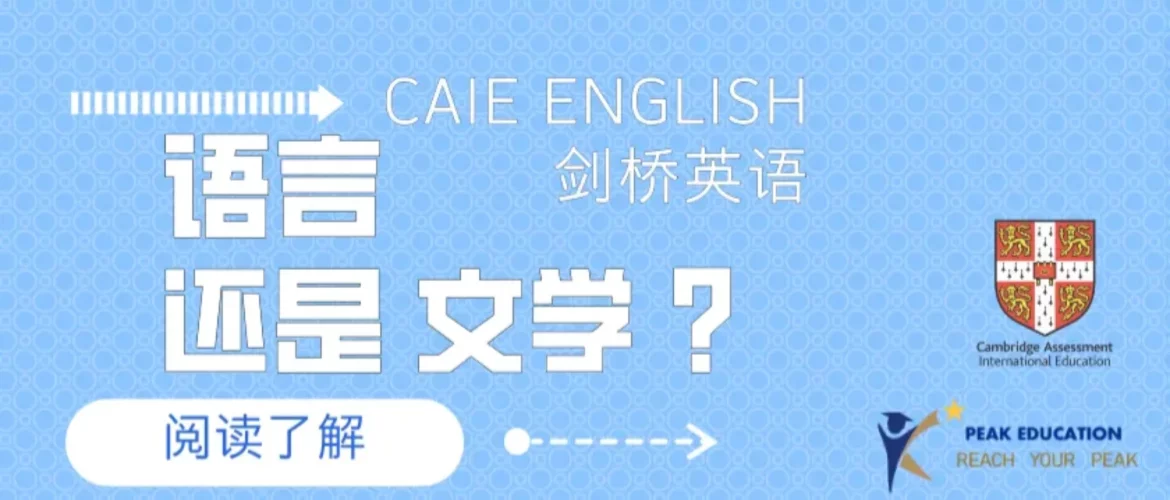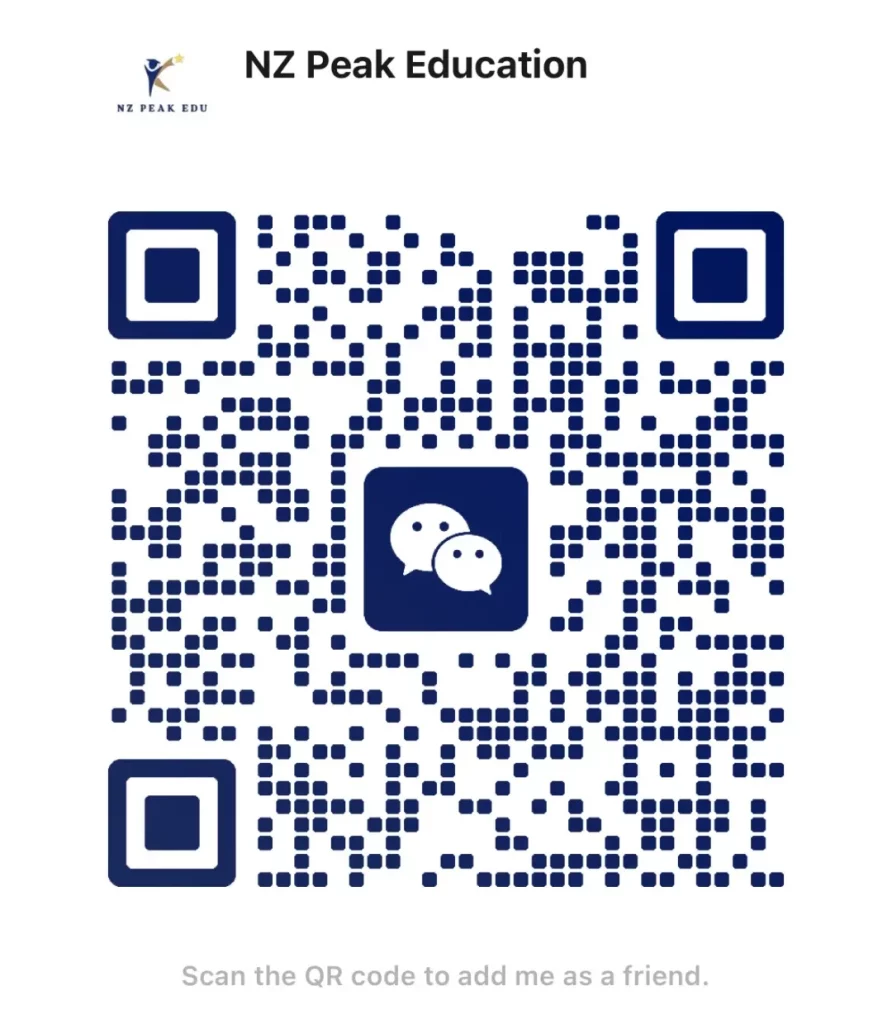Cambridge English: Language or Literature?
- 2025-04-21
- Posted by: basco@horntech.co.nz
- Category: News

Parents – and students – are often unclear about the distinction between the two English qualifications. This confusion can have very negative consequences: students choosing the wrong course for the wrong reasons; poor results at the end of the course; and lack of academic focus during the course.
Here are a few tips about the differences:
IGCSE
No schools let students choose between the two at this stage. The choice is made for them by the school. This is important as it should mean that students can make an informed choice about their Year 12 course. Some schools enter students for IGCSE English Language a year early, while others enter students for both in the same year. Some schools do not offer an IGCSE Language option at all. For practically all students it is their first taste of a national qualification.
IGCSE Language
This qualification is a test of ability in reading and writing. It comprises two papers, sat on different days. It assesses students’ ability to read a passage of text accurately and to infer meaning from it. Questions are generally short and test vocabulary, meaning and the ability to rewrite a section. Another question tests students’ ability to draw points from a passage. Yet another asks students to rewrite a passage in another format, inferring meaning from the original.
The second paper is a test of writing both accurately and with flair. There is also a question requiring candidates to rewrite, based on their reading of the passage, similar to the last question in the first paper.
The total mark is out of 100. Grade A* starts at a scaled 90%.
IGCSE Literature
This qualification tests students’ reading of a variety (generally 4) texts, across a range of genres. Texts are chosen by the school from a prescribed list.
The exam, across two papers, requires students to have read and understood prose and poetry options. They are then asked to write their response in essay form. They are rewarded for both accurate expression and insightful answers to the question. Generally speaking, if students have read and understood their texts, know them well from revision and answer the specific question, rather than simply write on any aspect of the text, they will do well.
Some schools choose the “unfamiliar text” option rather than the fourth text. In this question, students are asked to read and analyse a passage they have never encountered before.
Schools will enter students for the syllabus of the schools’ choice.
AS Language
Again, this course is a test of reading across a range of texts. It probes students’ ability to understand those texts and to respond with insight into them.
The exam is in two papers. The first assesses responses to drama and an unfamiliar text. Students are given a passage and told to analyse and respond with an argument in essay form. This requires a good knowledge of literary terminology and insight into writers’ choices of structure and language. The drama will be either modern or Shakespearian.
The second paper examines poetry and prose texts, which have been studied in class. The poetry will be from an anthology, often up to about 30 poems, and the prose will be either a novel or anthology of short stories.
Schools will have chosen texts for the above.
If students know their texts well and answer the question set, there is no reason they should not do well.
Note: either Language or Literature is acceptable for the Literacy component for entry to a New Zealand university.
AS Literature
Again, this course is a test of reading across a range of texts. It probes students’ ability to understand those texts and to respond with insight into them.
The exam is in two papers. The first assesses responses to drama and an unfamiliar text. Students are given a passage and told to analyse and respond with an argument in easy form. This requires a good knowledge of literary terminology and insight into writers’ choices of structure and language. The drama will be either modern or Shakespearian.
The second paper examines poetry and prose texts, which have been studied in class. The poetry will be from an anthology, often up to about 30 poems, and the prose will be either a novel or anthology of short stories.
Schools will have chosen texts for the above.
If students know their texts well and answer the question set, there is no reason they should not do well.
This article is an original work of Peak Education, independently written, compiled, and created by our institution’s teachers.
Unauthorized reproduction, modification, or commercial use by any individual or organization is strictly prohibited. Any unauthorized use will be considered an infringement, and Peak Education reserves the right to pursue legal action.
We have confirmed the schedule and teachers for the July review class and September sprint class. If you want to consult the schedule or sign up for a course, please scan the QR code to add Gaofeng Education customer service ⬇️

